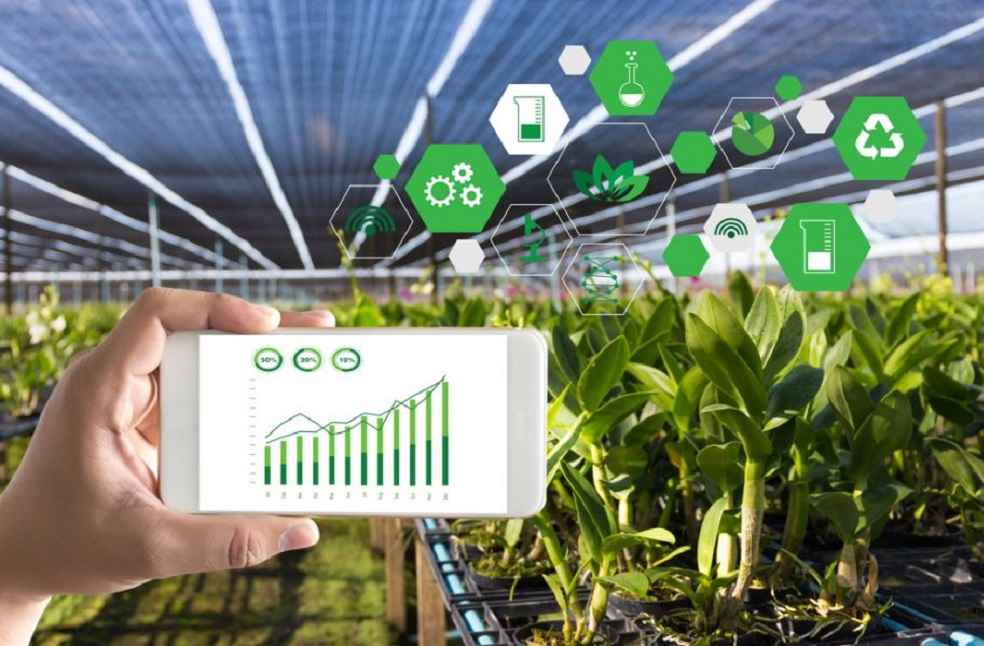Ethiopia has embarked on a transformative journey within its agricultural sector, launching the Integrated Export and Import Certification System (IEICS), or e-Phyto system. Developed through a partnership between the Ethiopian Agricultural Authority (EAA) and TradeMark Africa (TMA), this digital platform aims to redefine the trade process for agricultural exports and imports. With funding of ETB 9.1 million (€149k) from the European Union via the Agence Française de Développement (AFD), this shift from conventional paper-based processes to a digital framework promises substantial reductions in transaction costs and carbon emissions.
The e-Phyto system seeks to eliminate outdated manual and paper-based certification methods, thereby boosting efficiency and transparency throughout Ethiopia’s agricultural value chain. This platform ensures seamless integration with global phytosanitary certificate systems, facilitating complete paperless services from application to certificate issuance.

Ato Wondale Habtamu, Deputy Director and Head of the Ethiopian NPPO at the EAA, commented on the alignment of this initiative with global economic trends. “Adopting digital solutions in agricultural trade not only elevates Ethiopia’s export competitiveness but also aligns with sustainable and inclusive economic practices, advancing United Nations Sustainable Development Goals related to industry, innovation, and responsible consumption,” explained Habtamu.
The EU’s endorsement of this project underscores its potential to elevate Ethiopia’s standing in the global market. “The e-Phyto system’s launch signals Ethiopia’s commitment to employing advanced systems for robust participation in global trade,” remarked EU representative Mr. Abiy Tesfaye. “This digital tool opens new avenues for Ethiopia to stimulate agricultural economic growth and sustainability.”
Ewnetu Taye, TMA Ethiopia Country Director, shared his excitement about the impact of this partnership on regional trade. “This collaboration introduces a pioneering standard for agricultural trade across Africa, creating a sustainable, inclusive environment that benefits the entire continent.”

Designed to connect with the e-Phyto hub, the system enhances the efficiency of sharing certificates with international counterparts, thereby optimizing the export process. Options under consideration for implementation include adopting the GENS platform, adapting solutions used in Kenya, or creating a custom system tailored to Ethiopia’s specific requirements. Ongoing consultations with agricultural ministries in Kenya and Uganda aim to refine these approaches.
As Ethiopia forges ahead with its transformation of agricultural trade, the combined efforts of government stakeholders, industry experts, and international allies prove critical. This initiative not only seeks to empower Ethiopian farmers and exporters but also to stimulate economic growth and fortify the resilience of the agricultural sector across Ethiopia and Eastern Africa.
This initiative is a component of a broader EU-funded program that promotes regional economic integration in the Horn of Africa through the development of the Djibouti corridor, marking a significant step in Ethiopia’s pursuit of advanced agricultural trade capabilities.
METAL WORLD | African Gold Smuggling Surge: Billions Funneled Through Dubai Annually



